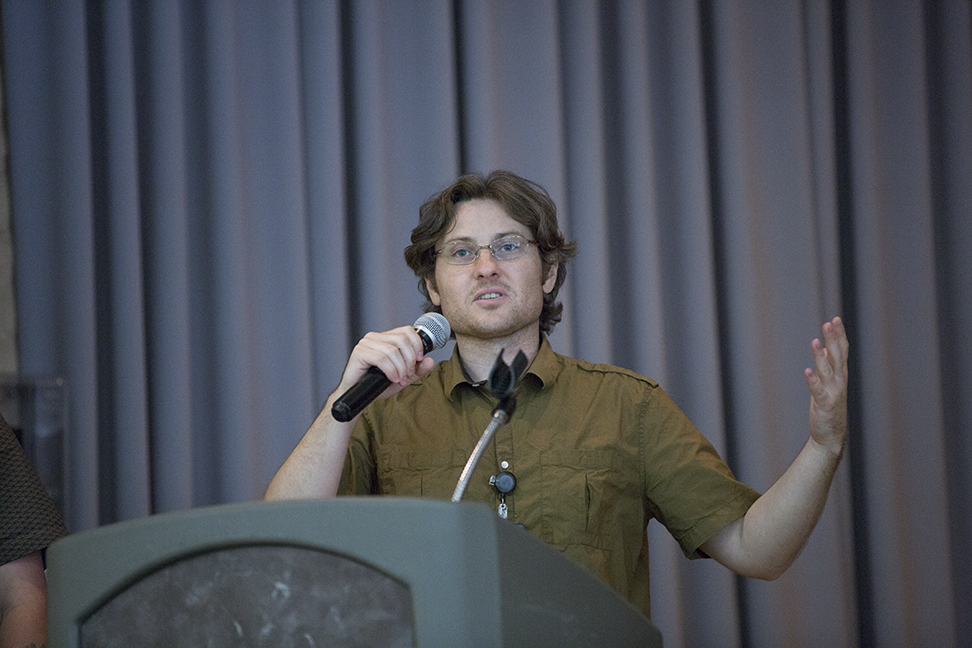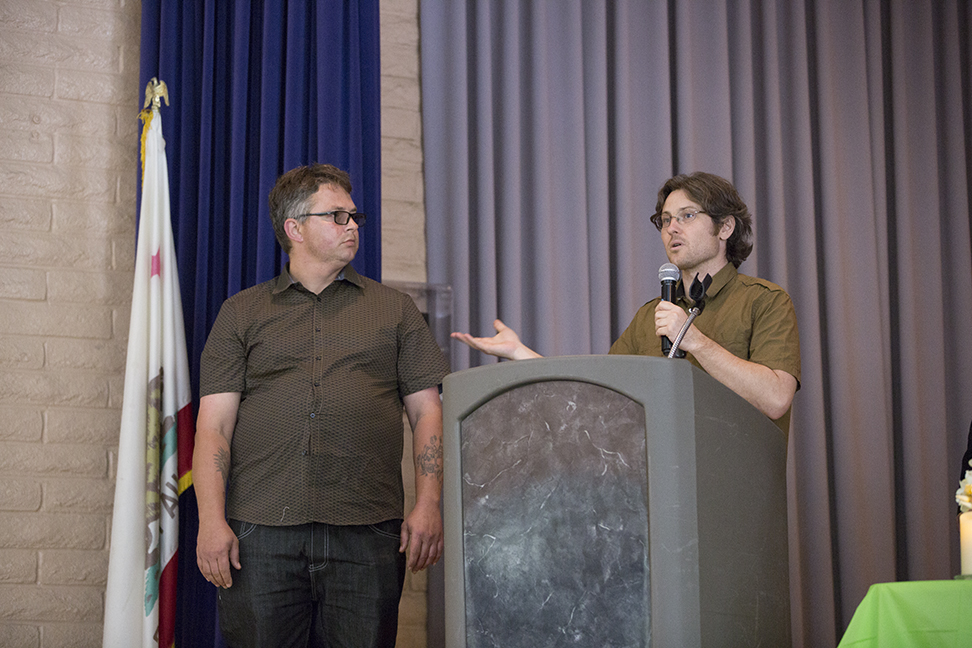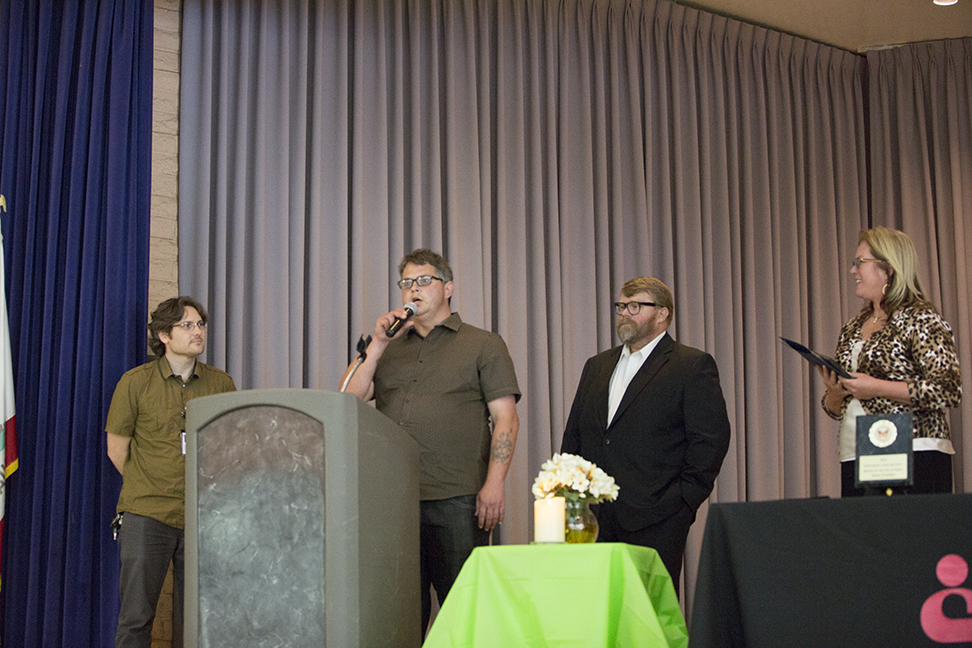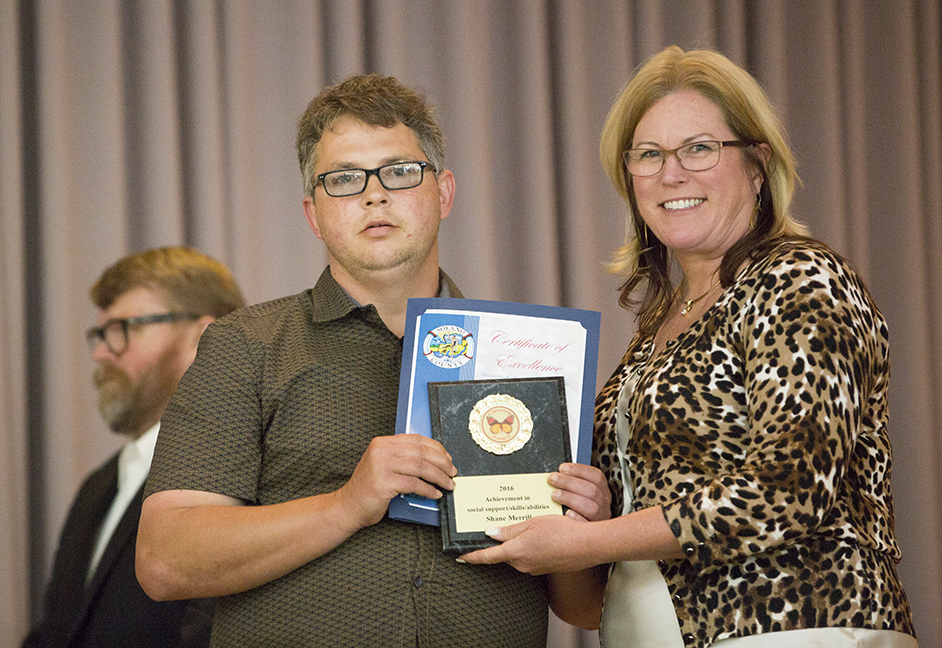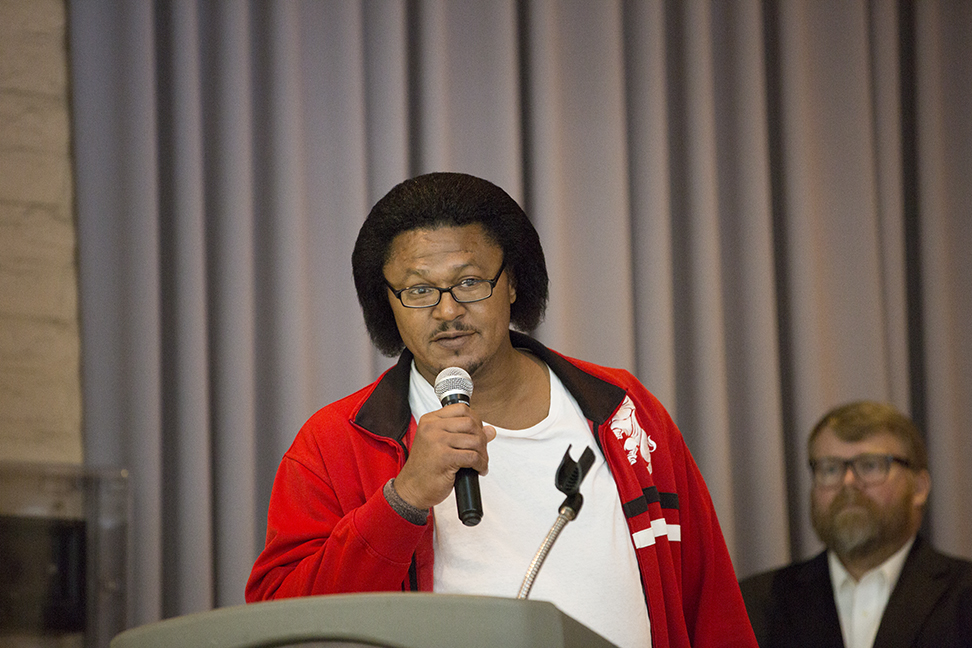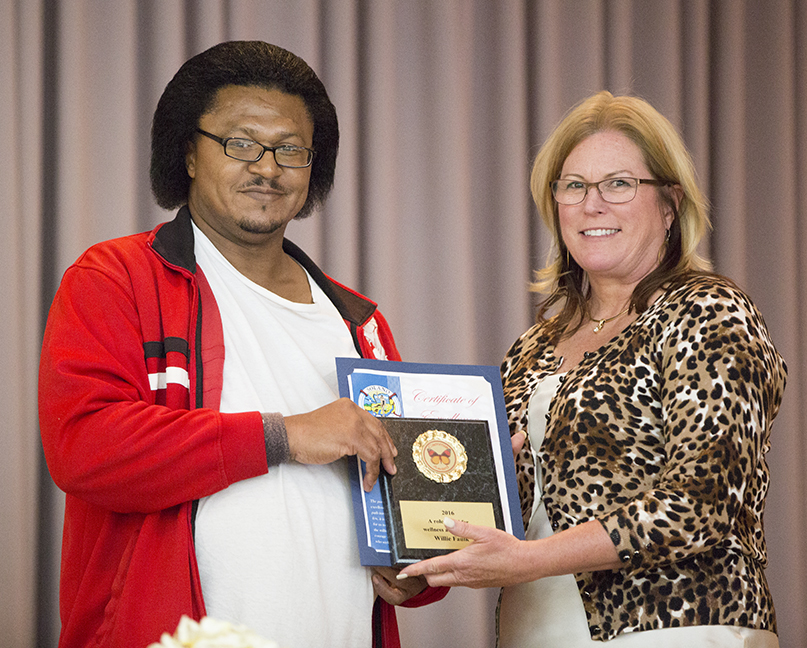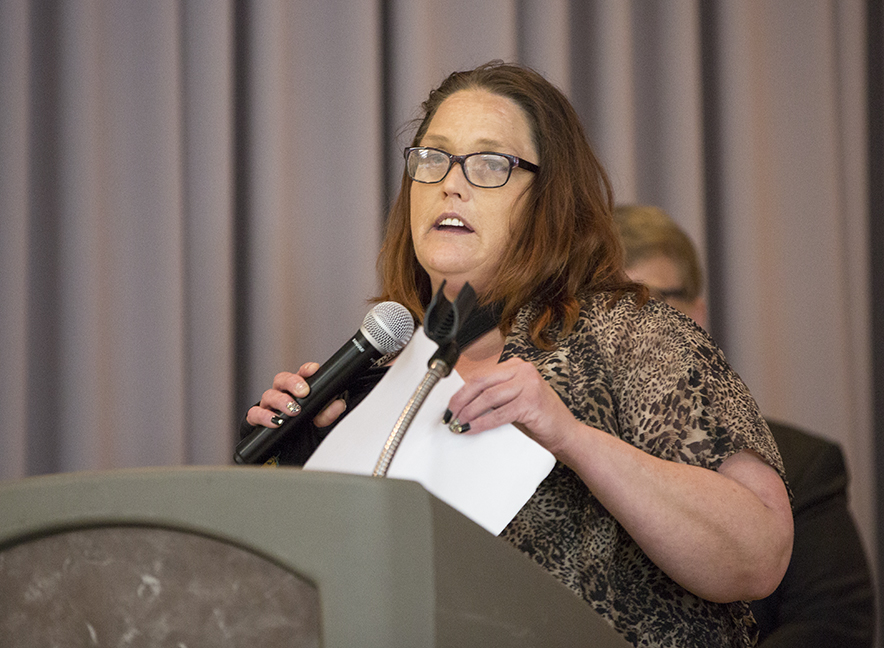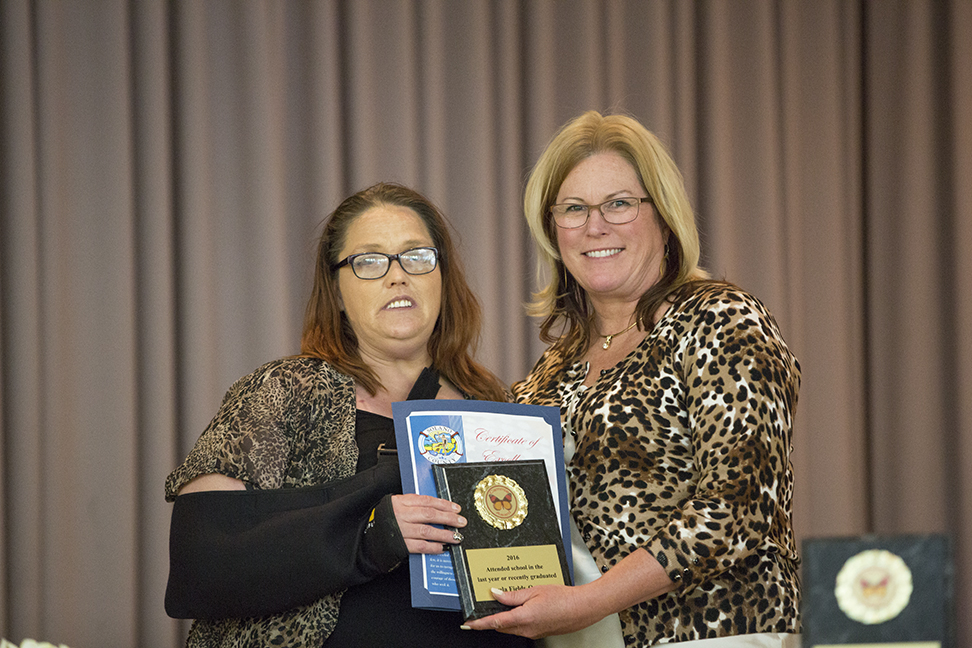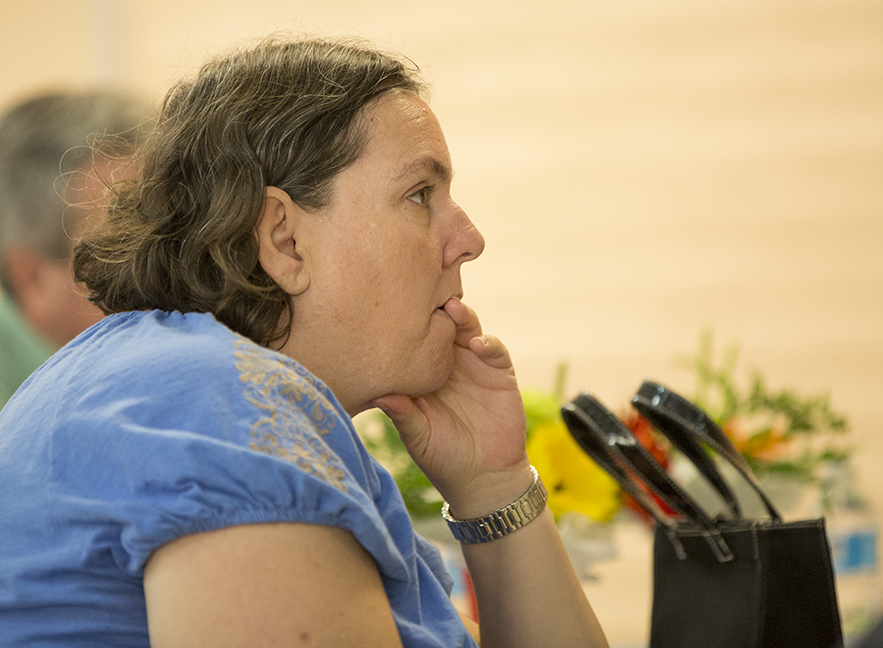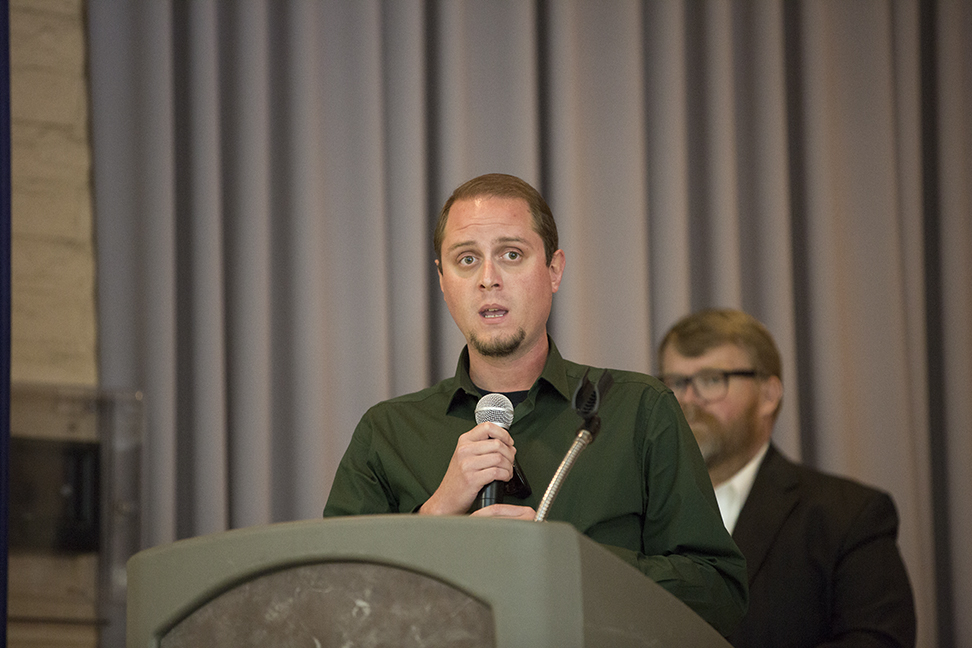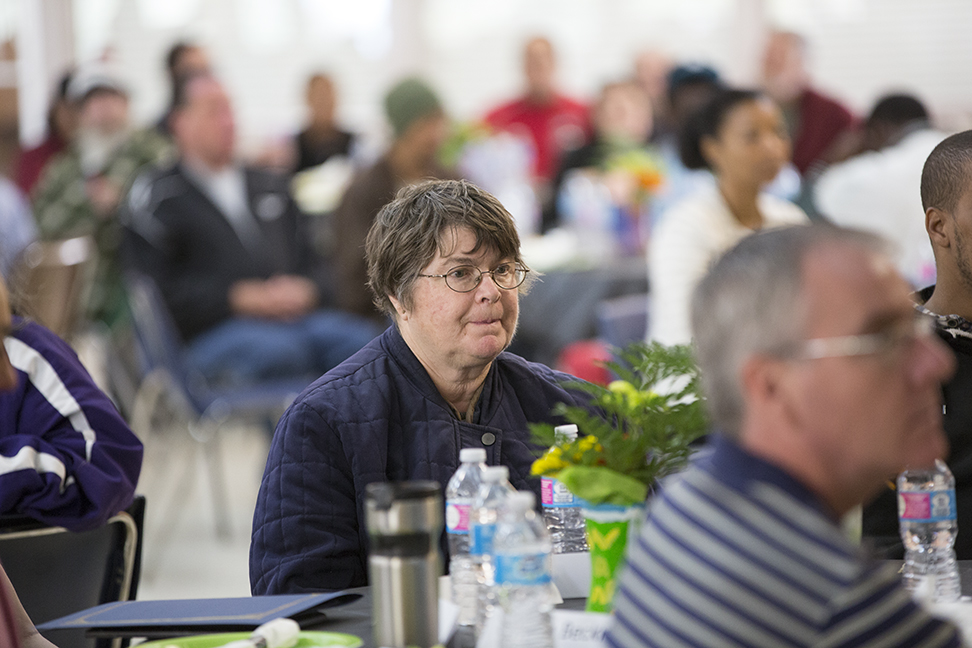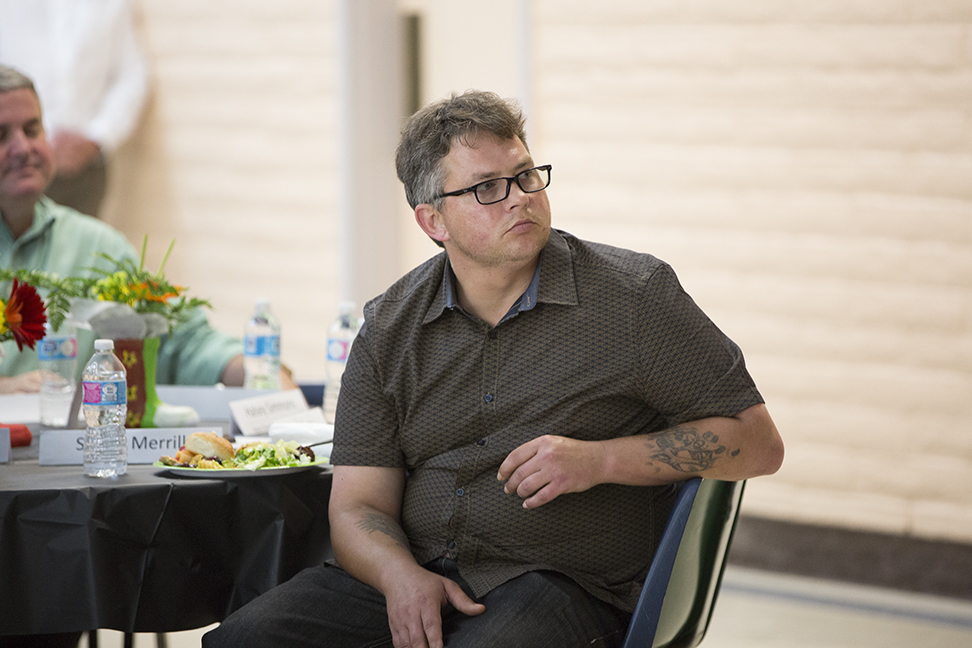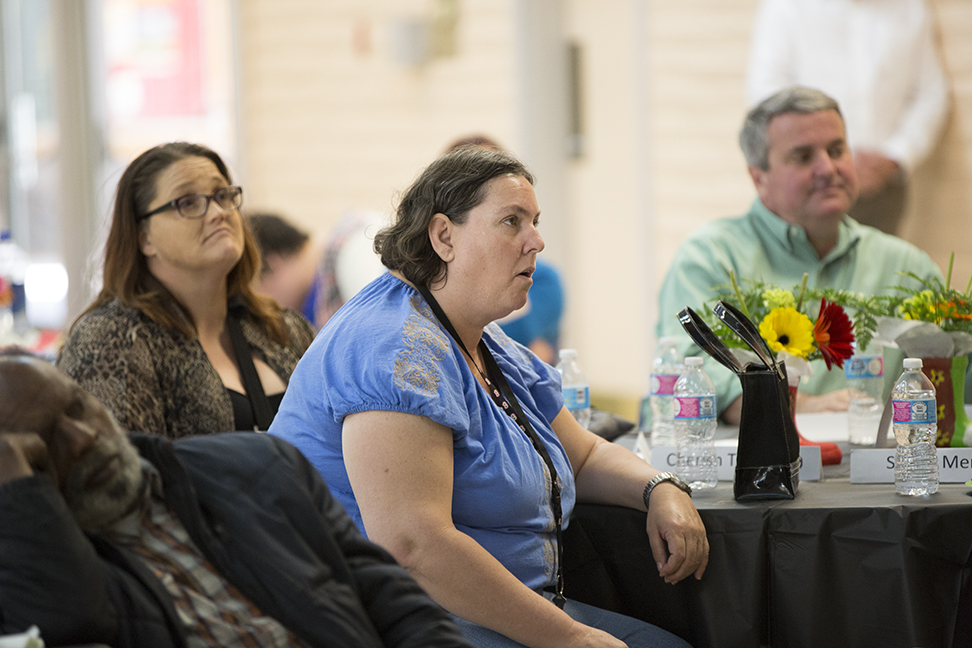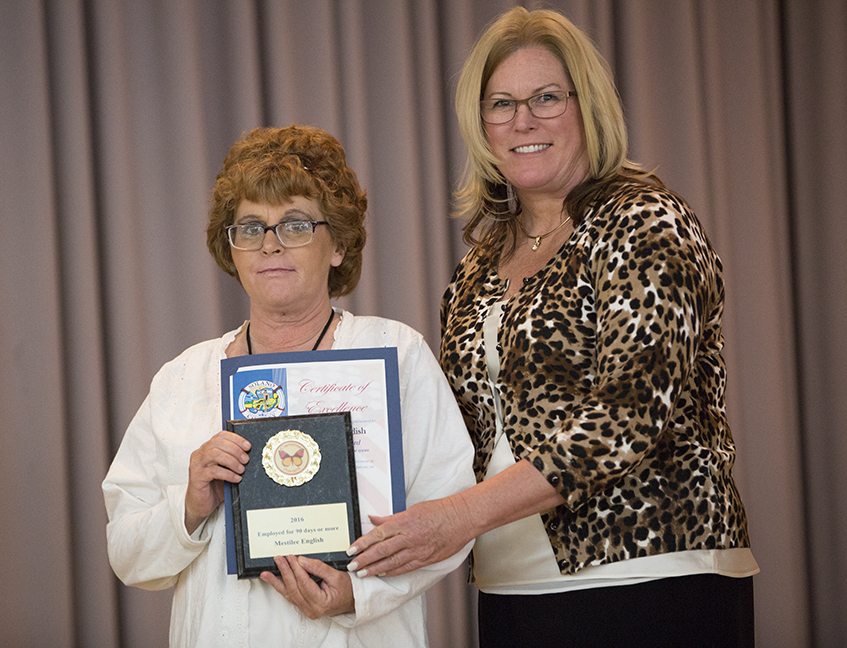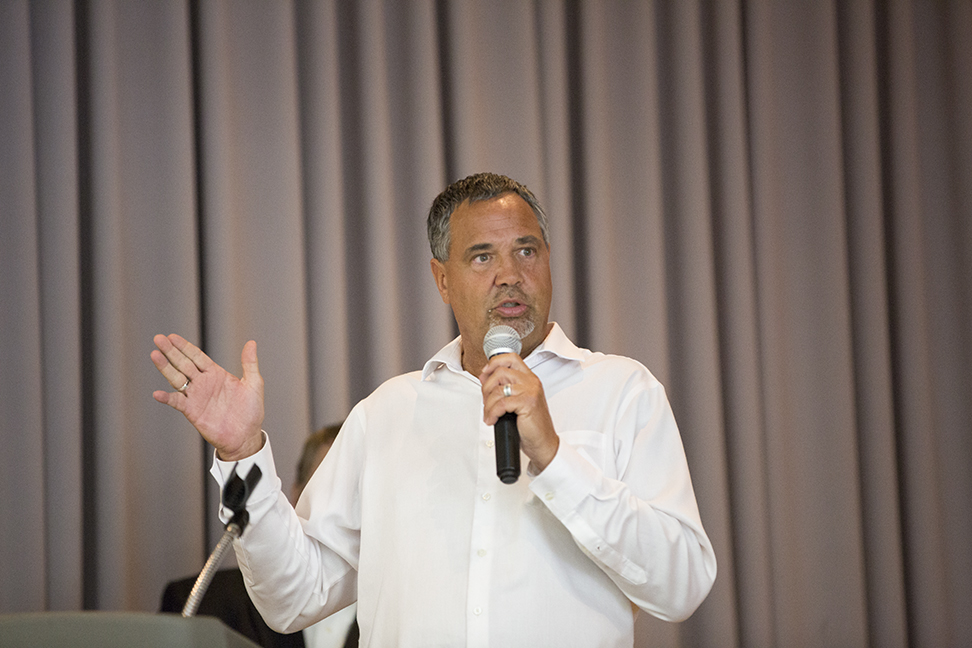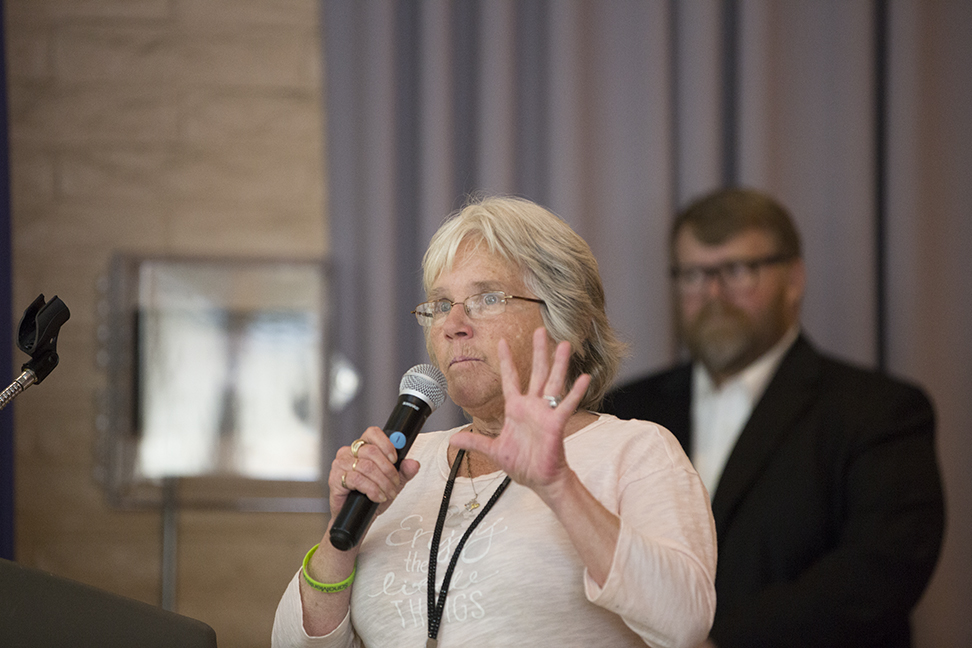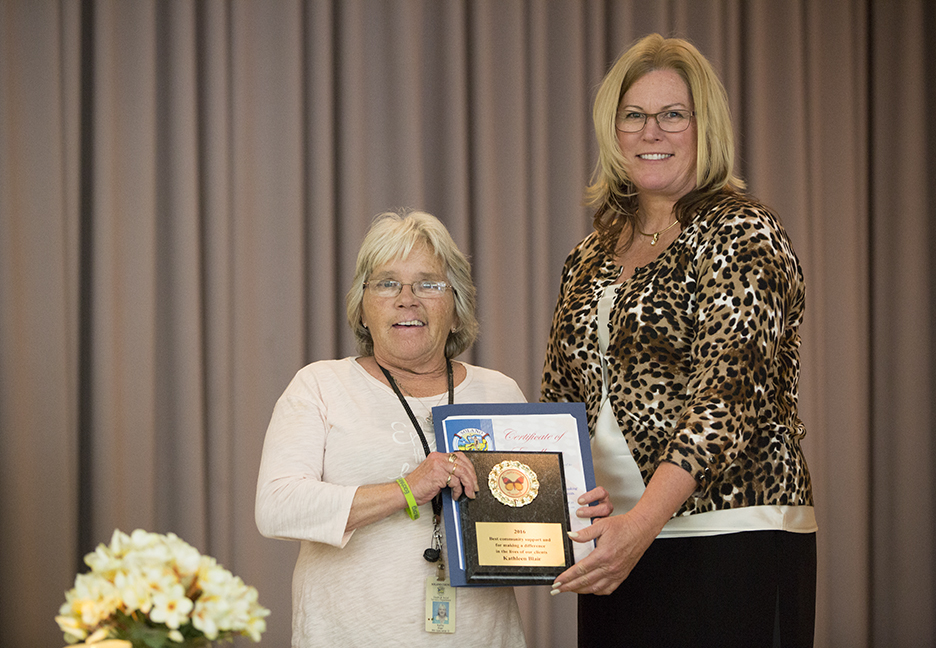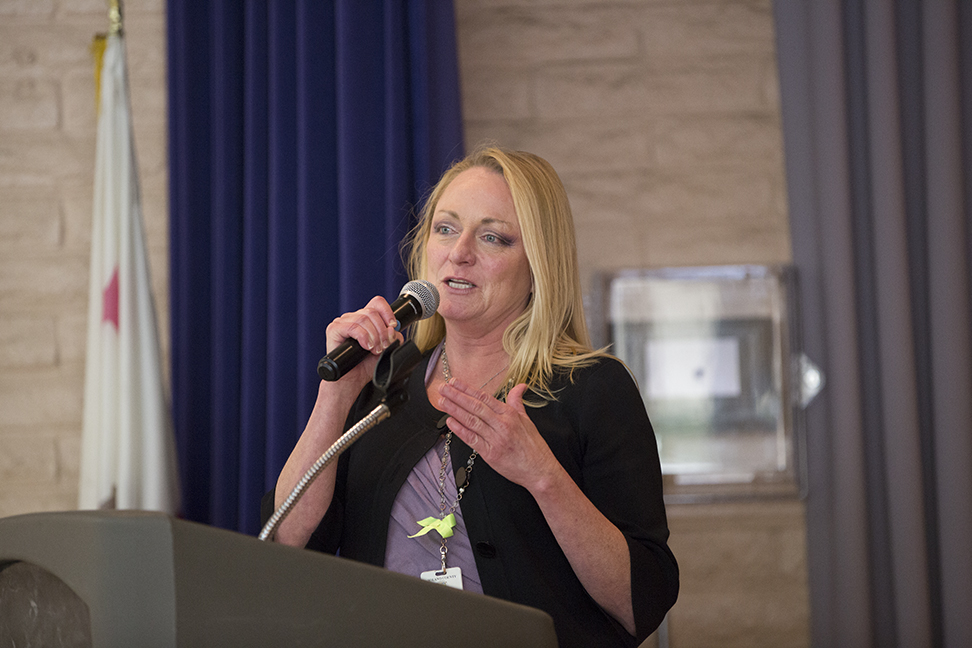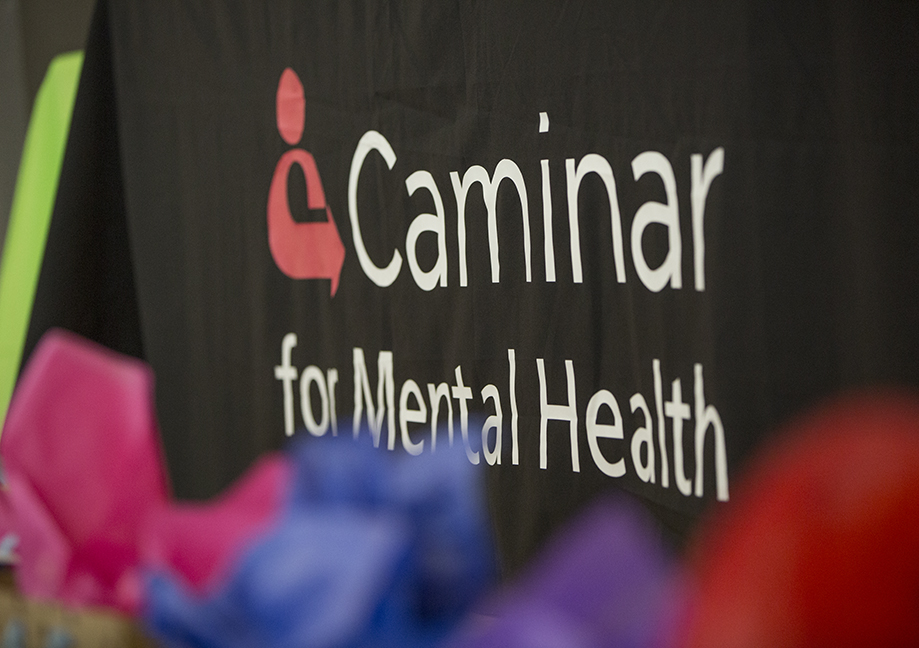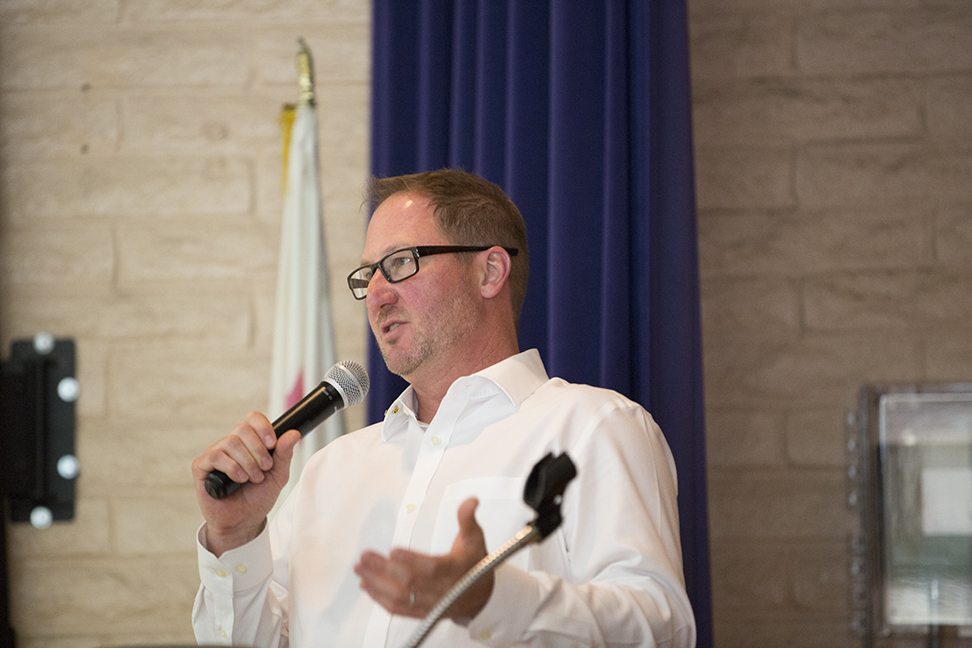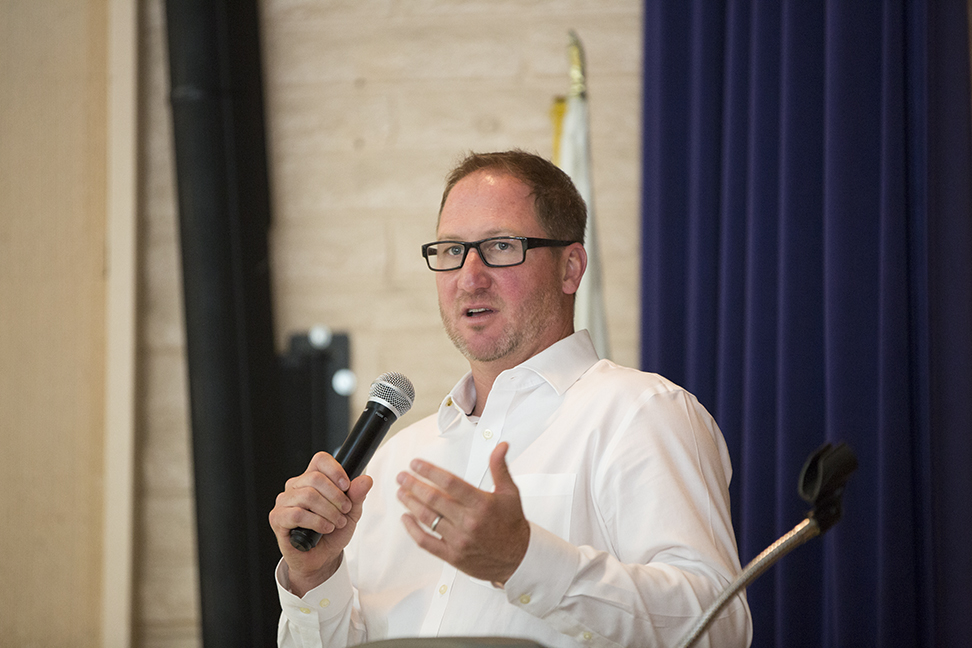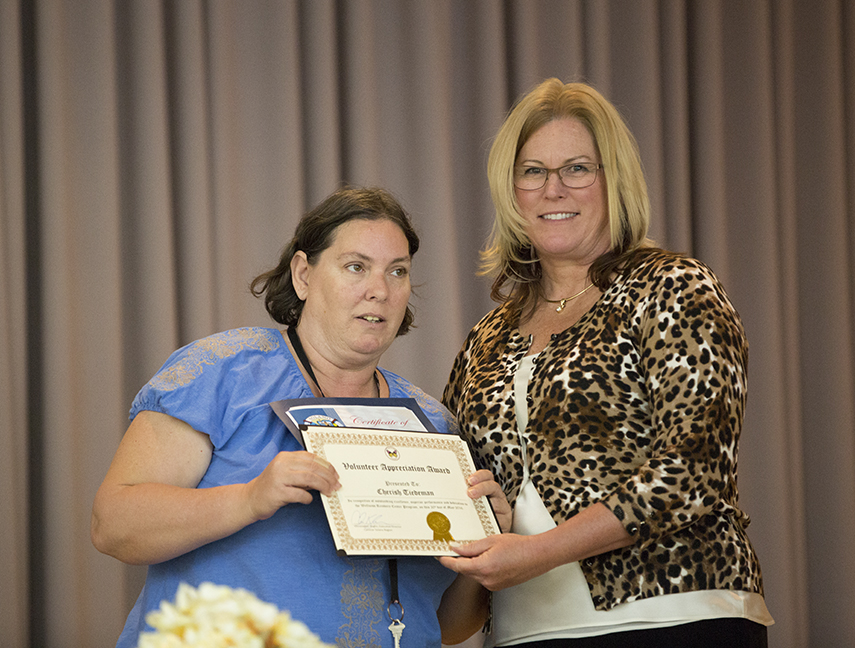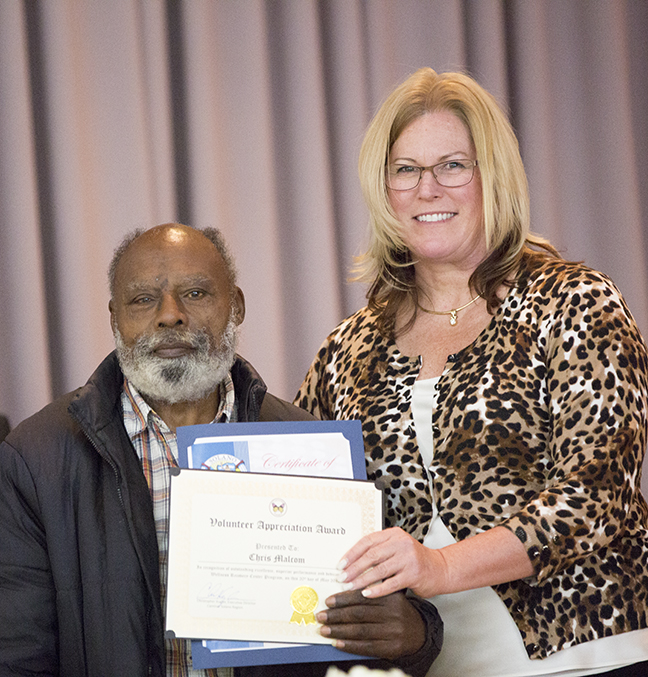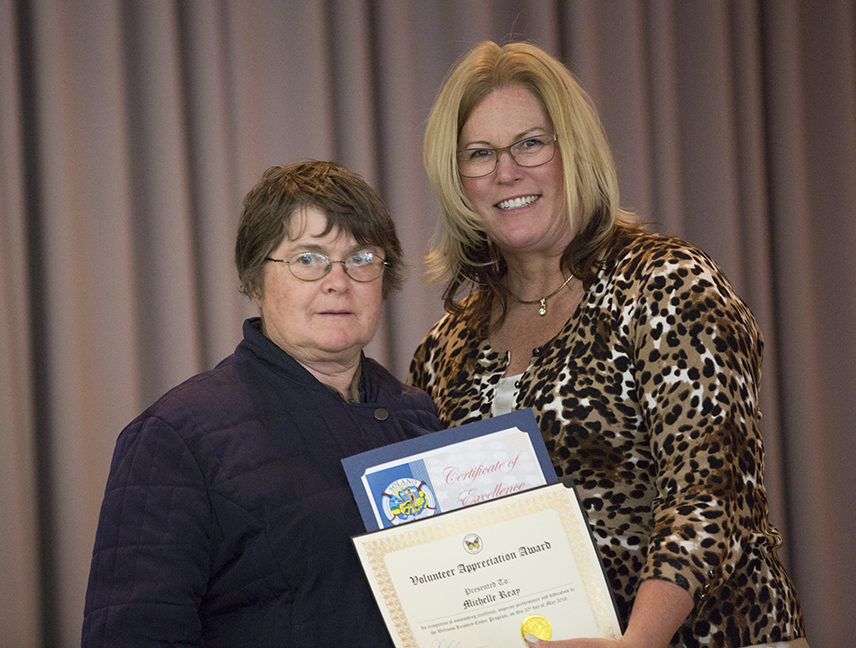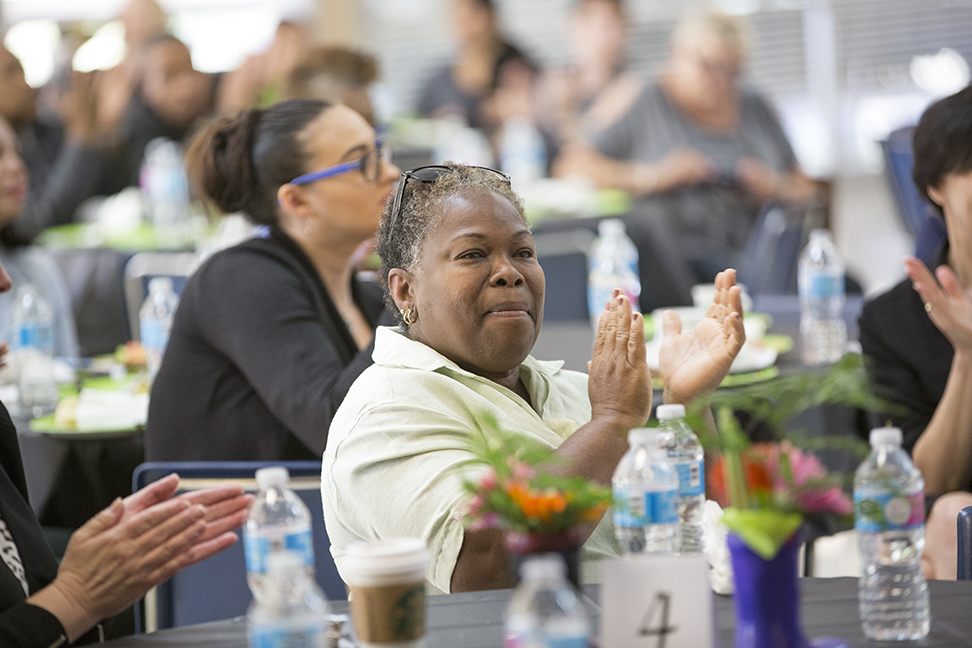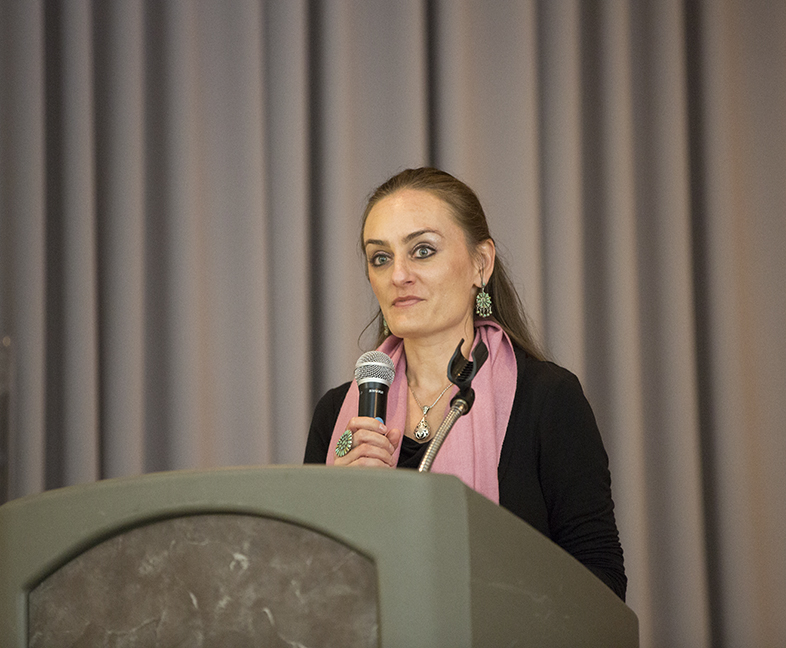The word suicide is a frightening word. But the term teen suicide is even more horrific, with the mental picture of a young person terminating his/her own life.
As a result of having an unusual rash of teen suicides (many more than the average) in the Bay Area, a Federal investigation is now underway, conducting interviews with school personnel, faculty, family members and, of course, students and peers. Their sole goal is to gain knowledge to eliminate these tragedies from reoccurring and trying to find long-term solutions.
When a young person dies by suicide, both the immediate survivors and many others are deeply affected. In fact, exposure to suicide can itself be a suicide risk to other young people. “Cluster” suicides may actually have been the main factor in these recent youth suicides. If someone is contemplating ending their life and hear of another young person taking his/her life, it can exacerbate an already despairing mood.
“Pact” suicide is another ominous, but secretive deliberation, whereas several teens (usually girls) carefully plan and execute their own suicides. Somehow, they view it as glamorous and prepare, carefully, in writing and in sharing their suicide notes. Recently, in the New York City area, four girls jumped off a building to their deaths holding hands while someone is the background was taking pictures. How tragic is this?
It is critical, therefore, to find answers and ways to reach this populace and prevent these catastrophic occurrences.
Caminar for Mental Health takes an holistic approach, recognizing the role of the environment, relationships and what peer pressure plays, as well as limited life experience, when helping a younger person grapple with the powerful emotions behind thoughts of suicide. They are totally committed to doing whatever it takes to save someone’s life. When one of their clients at Caminar cannot hold onto hope for themselves, the staff’s job is to hold on to hope for the client for as long as necessary and to never give up.
The causes of teen suicides are complex and determined by multiple combinations of factors: bullying, poor self-image, individual coping skills, family and school social support, use and/or experimentation with substances, academic stress, undisclosed mental health conditions and excessive expectations from parents and self.
Teens, too, are going through puberty and are in the process of pulling away from the parental structure in learning to be independent and finding out whom they really are. Unfortunately, teens, also, are vulnerable to depression. That’s because hormones and sleep cycles, which both change dramatically during adolescence, can affect mood. The good news is that depression is treatable and most teens get better with the right help.
It’s balancing act for the clinician who works with young clients at Caminar to empathize with the person’s pain, acknowledging and normalizing this human emotion and to then start working on a safety plan with that youth in identifying their own personal strengths and their own reasons to want to live. It is crucial that this plan is created by and for that individual client.
Sexual issues, too, for teens can be a difficult time of uncertainty, confusion and fear, with their primary confidential conversations being only with their peers, who, for the most part, probably also have little knowledge. At home, their main conversation from a parent is most likely: “How was school today?” “Oh fine,” says the teen, and off they go to their room to text or e-mail.
Although technology has given us tremendous tools to learn, to connect, to inquire, it also has created obstacles in the way we socialize, especially with the younger generation. Seldom do we have face-to-face conversations anymore. Most young people are looking down at their phone or tablet – never having an eye-to-eye contact and not verbally sharing, or even laughing. Are we missing something valuable and healthy for our own well-being?
The media, especially in the daily news, seems only to cover violent, scary and murderous stories, creating a “gloom and doom” atmosphere that can greatly intensify despairing feelings for a youth, or anyone, who is feeling on the edge.
From one teenage suicide attempt survivor: “I was upper-middle-class — probably the wealthiest of my whole friends group — and went to private school and went to summer camps in the summer. I had everything tangible. We had a nice house. I had a boyfriend. Had lots of friends. And, I just didn’t care about any of it. I felt so alone. Now thanks to counseling and therapy I am doing much better. I know for a fact suicide is not the only answer left; there are other choices. IT DOES GET BETTER! Life gets better! For those out there who are thinking about suicide and that it is the only way out, I know you won’t believe me and that’s okay. Try to talk about how you’re feeling. Try someone you trust and if that person turns away, take a deep breath and tell someone else. Talk and tell until it does feel a little bit better. Help is out there. I know you can find it. You are a beautiful, unique, special creative person who deserves to be loved, cherished and respected.”
We must create opportunities to really talk, to share, to confide, to trust. This is very needed and maybe it’s the basic root of these serious problems.
Let’s continue, then, to explore, converse, and search for ways to reach our teens and prevent these senseless and devastating suicides. There are answers out there, let’s find them!
-Carmen












































